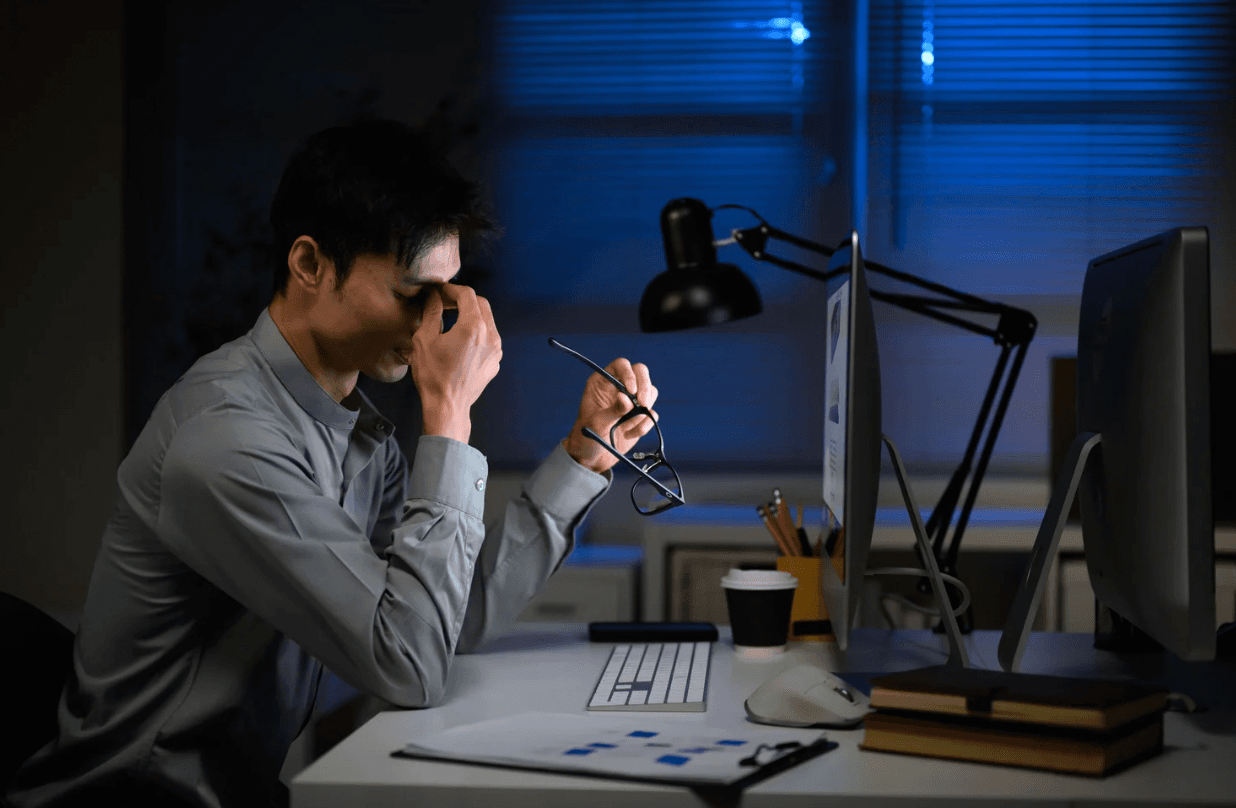Social media has become an integral part of our daily lives, with millions of people around the world using platforms like Facebook, Instagram, Twitter, and LinkedIn to connect with friends, family, colleagues, and even strangers. These platforms have revolutionized the way we communicate, share information, and interact with one another, breaking down barriers and bringing people together in ways that were once unimaginable.

One of the key benefits of social media is its ability to facilitate communication and keep us connected with our loved ones, regardless of where they are in the world. With just a few taps on our smartphones or clicks on our computers, we can instantly share updates, photos, videos, and messages with people near and far, allowing us to stay in touch and maintain relationships that would have otherwise faded away over time.
Social media has also empowered individuals to become creators and influencers, allowing them to share their talents, passions, and expertise with a global audience. Through platforms like YouTube, TikTok, and Pinterest, people are able to showcase their creativity and unique perspectives, gaining followers and supporters who appreciate their content and creativity. This has democratized the entertainment industry, giving rise to new stars who may have never had a chance to shine in traditional media.
Furthermore, social media has provided a platform for businesses and brands to connect with their customers and target audiences in a more direct and personalized way. Through targeted advertising, sponsored posts, and influencer partnerships, companies can reach specific demographics and market segments with precision, maximizing their return on investment and reaching potential customers who are most likely to engage with their products or services.
Despite its many benefits, social media also has its downsides and drawbacks. One of the biggest concerns with social media is its impact on mental health, with studies showing a correlation between heavy social media use and increased rates of anxiety, depression, and loneliness. The constant comparison to others, the pressure to present a curated and filtered version of ourselves, and the fear of missing out can all contribute to feelings of inadequacy and low self-esteem in users.
In addition, social media has also been criticized for contributing to the spread of misinformation and fake news, as individuals and organizations can easily create and disseminate false or misleading information to a wide audience. This has serious implications for society, as misinformation can lead to the erosion of trust in institutions, the polarization of communities, and even the incitement of violence and unrest.
Another concern with social media is its impact on privacy and data security, as platforms collect vast amounts of personal information from users to target them with ads and content. This has raised questions about the ethical and legal implications of data mining and profiling, as well as the potential for breaches and hacks that could compromise the sensitive data of millions of individuals.
Despite these drawbacks, social media continues to play a vital role in our daily lives and in society as a whole. It has the power to connect us, inspire us, and empower us, but it also has the potential to harm us if we are not mindful of our usage and its impact on our well-being. As we navigate the ever-evolving landscape of social media, it is important to strike a balance between its benefits and drawbacks, using it as a tool for communication, creativity, and connection while also being aware of its limitations and pitfalls.
kd2kub